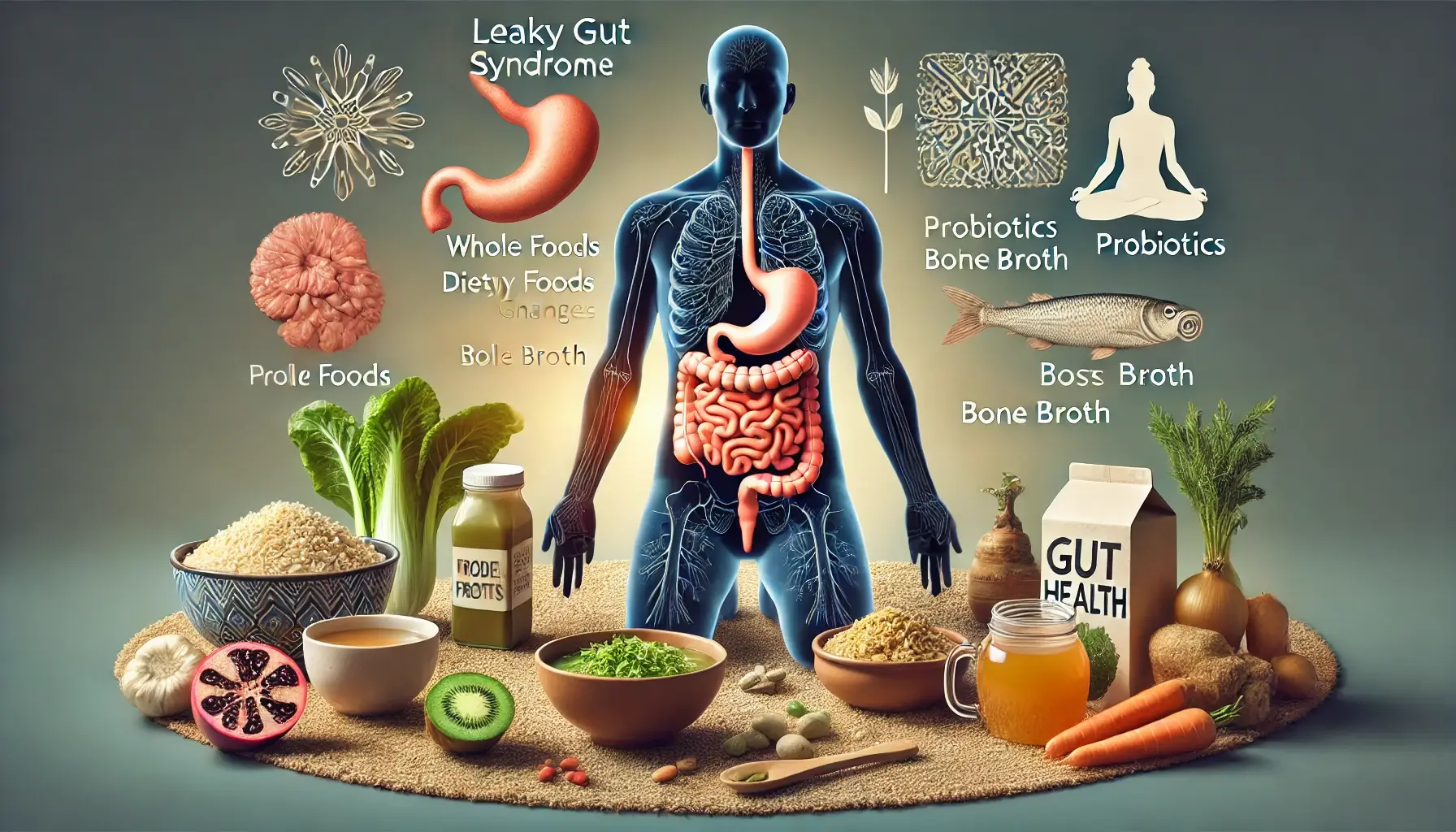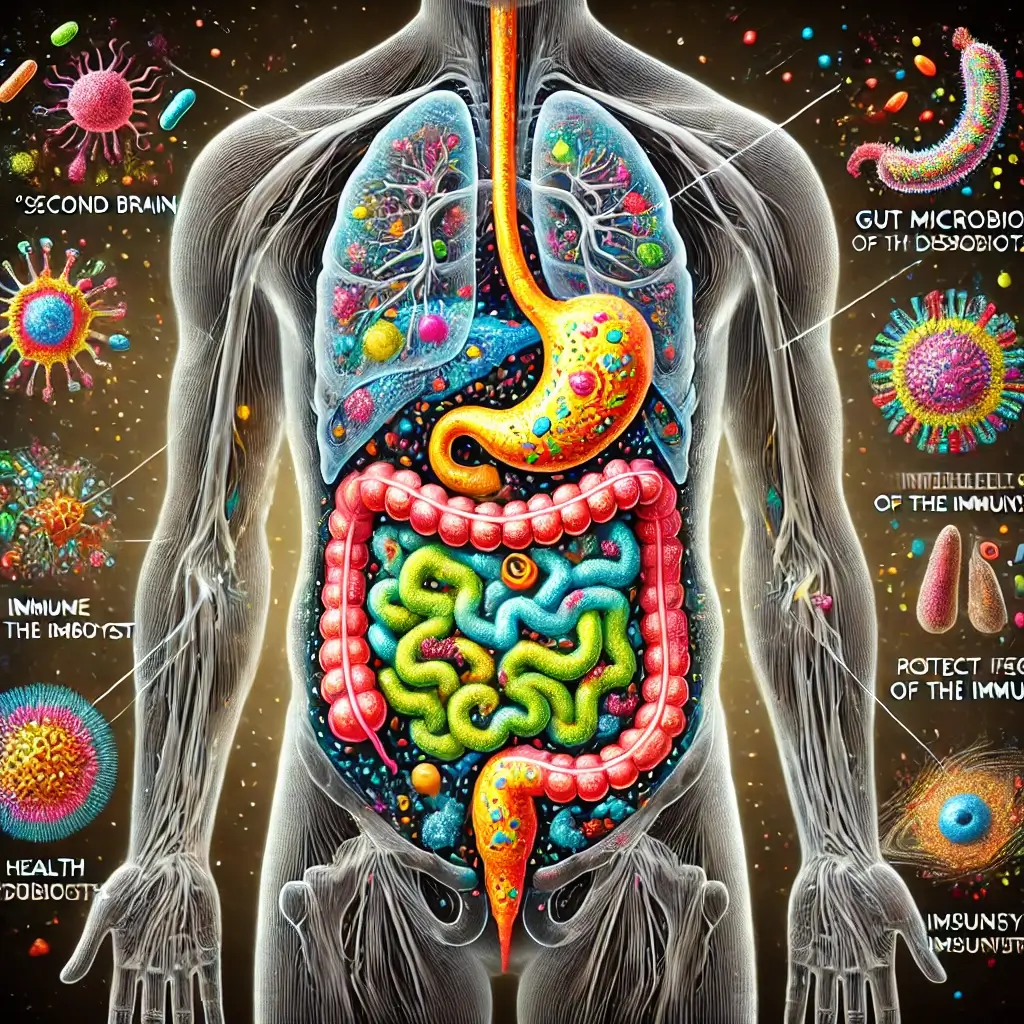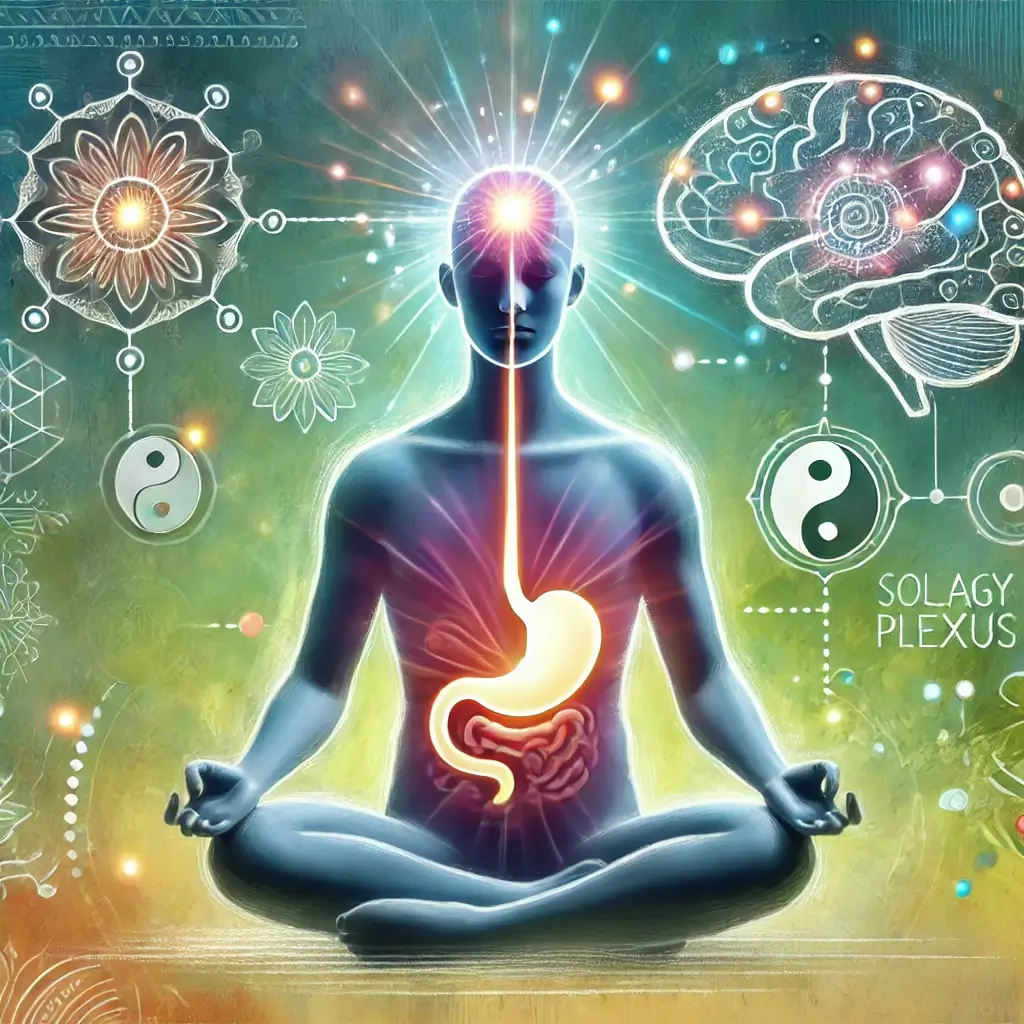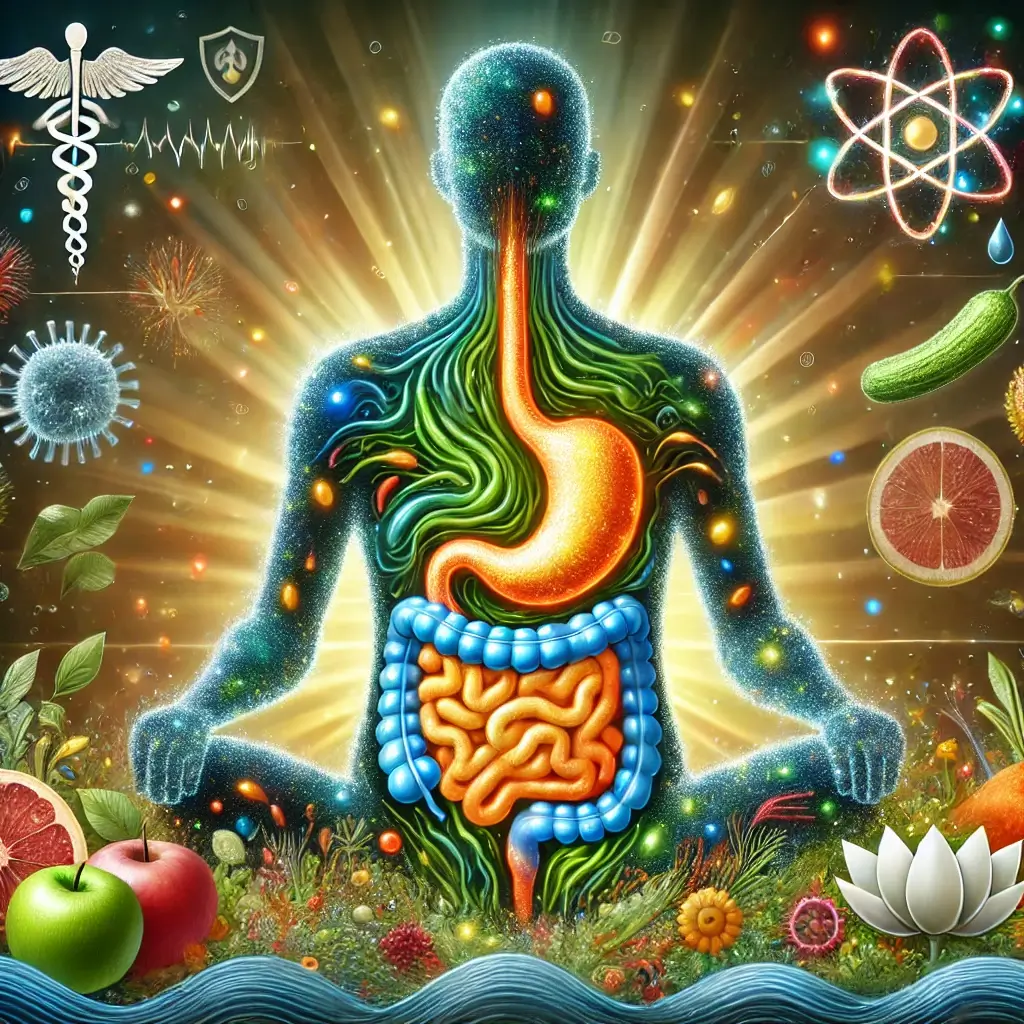Evidence-Based Strategies to Repair Your Gut and Restore Digestive Health
Understanding the Human Gut and Leaky Gut Syndrome
The human gut is a complex and dynamic system, housing trillions of microorganisms that influence digestion, immunity, and even mental health. Recent interest has grown around leaky gut syndrome, a condition characterized by increased intestinal permeability, allowing harmful substances like toxins, undigested food particles, and microbes to escape into the bloodstream. While this condition is not universally recognized as a formal medical diagnosis, growing evidence links it to symptoms such as bloating, fatigue, skin issues, and systemic inflammation.
The Role of Intestinal Barrier in Health
The intestinal lining is a selective barrier that plays a vital role in maintaining health by permitting nutrients to pass into the bloodstream while blocking harmful substances. However, modern dietary habits, chronic stress, and environmental toxins can compromise this barrier. Research has associated leaky gut with conditions ranging from autoimmune diseases to mental health disorders. For instance, a study published in Gut highlighted how chronic stress exacerbates intestinal permeability, potentially impacting both physical and emotional health (Söderholm & Perdue, 2015).
The Rise of Natural Healing Methods
As scientific exploration continues to evolve, natural remedies for improving gut health are gaining attention. Strategies involving nutrition, lifestyle changes, and stress management offer promising results for those seeking relief from gut-related symptoms. By understanding and applying these methods, individuals can support their gut’s natural healing processes and foster long-term health.
Strategies for Naturally Healing Leaky Gut
Dietary Adjustments
Dietary choices significantly influence gut health. A 2019 review in Nutrients emphasized the importance of whole-food diets rich in fiber, antioxidants, and anti-inflammatory compounds. Foods such as leafy greens, berries, fatty fish, and nuts can reduce inflammation and improve gut function (Martinez et al., 2019). Conversely, eliminating processed foods, refined sugars, and trans fats can reduce the burden on the gut lining.
Probiotics and Prebiotics
Probiotics and prebiotics are essential for maintaining a healthy gut microbiome. Probiotics introduce beneficial bacteria, while prebiotics provide the necessary fuel for their growth. Fermented foods like kimchi, miso, and kefir are excellent sources. A 2020 study in Frontiers in Microbiology found that a combination of probiotics and prebiotics can improve intestinal barrier integrity and reduce systemic inflammation markers (Fan et al., 2020).
L-Glutamine for Gut Repair
L-glutamine is an amino acid that supports the repair of the intestinal lining. A 2016 study in Clinical Nutrition demonstrated that L-glutamine supplementation improved symptoms in individuals with IBS and reduced intestinal permeability (Rao & Samak, 2016). Foods such as spinach, parsley, and chicken are natural sources of L-glutamine, and supplements can be considered with professional guidance.
Bone Broth and Collagen
Bone broth for gut health is a natural source of collagen and amino acids like proline and glycine, which support gut health. A 2017 study in Current Opinion in Clinical Nutrition and Metabolic Care highlighted the role of collagen peptides in repairing intestinal walls and reducing inflammation (Chung et al., 2017). Incorporating bone broth into meals may offer a soothing and nutrient-dense option for gut repair.
Stress Reduction Techniques
Stress is a major contributor to gut dysfunction. Chronic stress increases cortisol levels, which can damage the gut lining and alter microbiome composition. Practices like yoga, meditation, and breathing exercises have been shown to mitigate these effects. A 2022 study in Psychosomatic Medicine found that mindfulness-based stress reduction significantly alleviated symptoms in individuals with functional gut disorders (Kuo et al., 2022).
Hydration and Rest
Hydration and quality sleep are fundamental to gut health. Proper hydration supports digestion and the mucosal barrier, while sleep allows for cellular repair and gut recovery. Research in Sleep Medicine Reviews found that disrupted sleep patterns negatively affect gut microbiota diversity, underscoring the need for consistent, restorative rest (Benedict et al., 2020).
Conclusion
Leaky gut syndrome remains a subject of scientific inquiry, but the importance of gut health in overall well-being is undeniable. Natural approaches for improving gut function such as dietary changes, supplementation, and lifestyle adjustments provide tangible steps for improving gut function. These strategies not only address symptoms but also foster a holistic sense of health and resilience. While more research is needed to fully understand the mechanisms of leaky gut, integrating these practices can empower individuals to take charge of their health. As always, consult a healthcare professional to develop a personalized plan that aligns with your unique needs.
References
Benedict, C., Vogel, H., Jonas, W., et al. (2020). Gut microbiota and sleep—wake regulation. Sleep Medicine Reviews, 50, 101260.
Chung, H., Rasmussen, H. M., & Johnson, E. J. (2017). Lutein bioavailability is superior to that of beta-carotene in humans. Current Opinion in Clinical Nutrition and Metabolic Care, 20(6), 484–492.
Fan, Y., & Pedersen, O. (2020). Gut microbiota in human metabolic health and disease. Nature Reviews Microbiology, 18(2), 81–93.
Kuo, B., & Chang, L. (2022). Mindfulness-based stress reduction for irritable bowel syndrome: A meta-analysis. Psychosomatic Medicine, 84(5), 478–489.
Martinez, J., Garcia, E., & Sparks, J. D. (2019). Anti-inflammatory diets for gut health. Nutrients, 11(5), 1304.
Rao, R. K., & Samak, G. (2016). Role of glutamine in protection of intestinal epithelial tight junctions. Clinical Nutrition, 35(5), 1081–1091.
Söderholm, J. D., & Perdue, M. H. (2015). Stress and intestinal barrier function. Gut, 64(7), 905–914.













